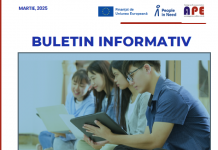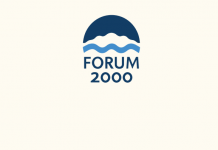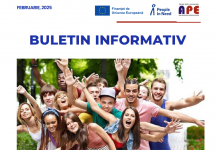Victoria Roșa, APE Senior Expert:
- In response to greater geopolitical threats in the Eurasia region, including hybrid
warfare, Moldova introduced the concept of information security to its national security
policy in 2017-2018. - The Moldovan legal framework views information security strictly in response to foreign
actors. Domestic actors that develop and distribute propaganda, misinformation, and
false information are not considered. - According to several polling sources, the internet ranks among the Moldovan public’s
most trusted sources of information. - Given the large gaps in the Moldovan legal framework governing media, efforts to identify and draw attention to disinformation and fake news in digital spaces have been led by civil society organizations (CSOs).
- Moldova does not have specific mechanisms to identify hybrid threats – such as fake
news, propaganda, and disinformation – or develop protection tools that respond to rapid technological changes. - Online platforms in Moldova provide a prolific environment for creating and spreading
different forms of intolerance, including hate speech. Digital media, social networks,
and video storage portals spread more hatred and discrimination than television and
print media. - It is critical to find ways to encourage the public to fight against information security
threats, especially given Moldova’s ongoing transition to democracy.
Download: http://www.ape.md/wp-content/uploads/2020/02/Defending-digital-spaces_FINAL-EN.pdf







